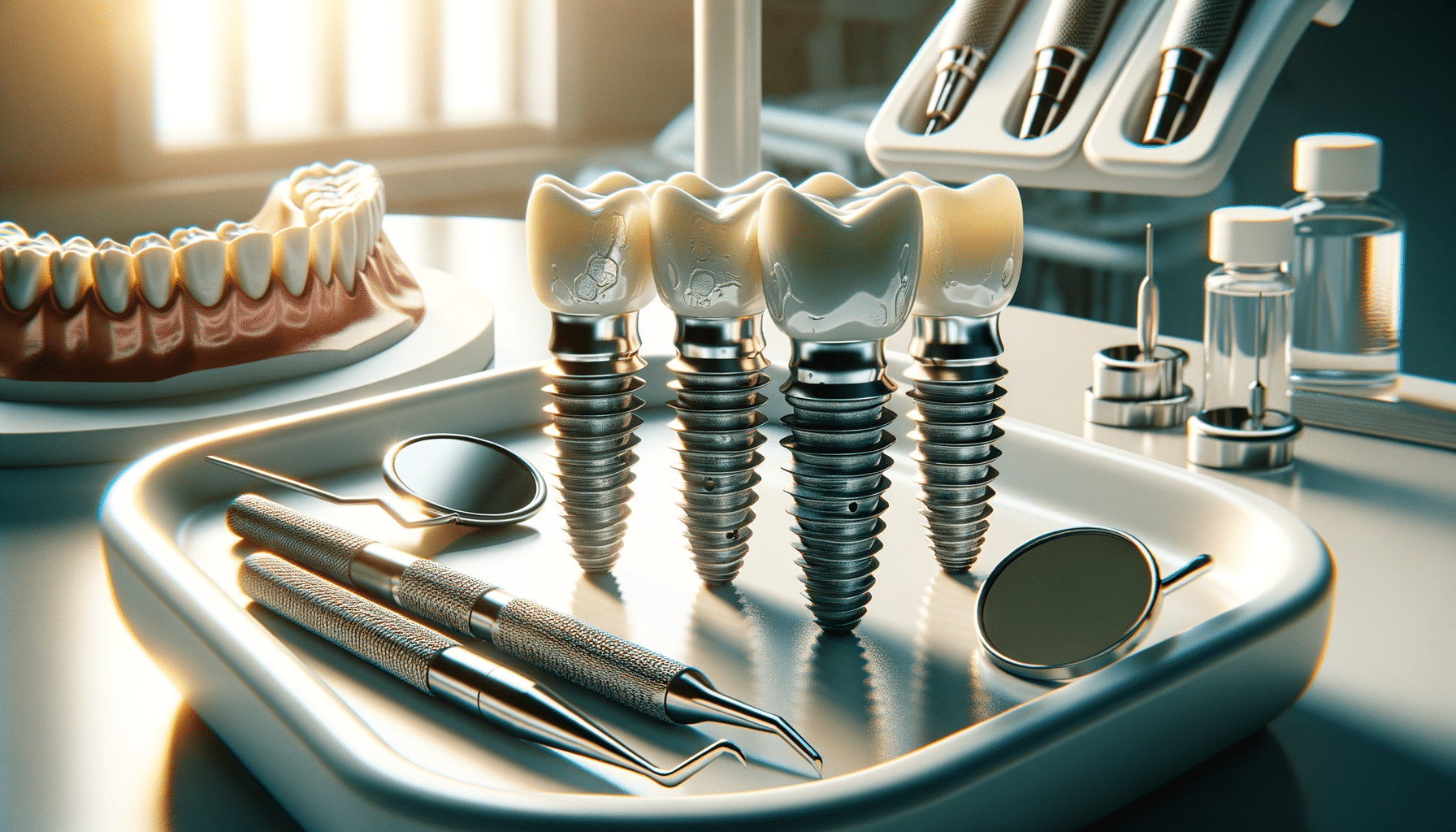
Discover How to Pay Less for Dental Care
Introduction: The Rising Costs of Dental Care
Dental care is an essential aspect of maintaining overall health, yet many individuals find themselves paying too much for dental care. The rising costs of dental services can be daunting, leading many to seek alternatives that offer more flexible payment options. This article explores practical strategies to help you reduce dental care expenses while ensuring you receive quality treatment.
Explore Alternatives: Dental Schools and Clinics
One effective way to cut down on dental expenses is to explore alternatives such as dental schools and clinics. Many dental schools offer services at reduced rates because the procedures are performed by students under the supervision of experienced professionals. These institutions provide an opportunity to receive quality care while allowing students to gain practical experience.
Additionally, community dental clinics often offer services on a sliding scale based on income. These clinics aim to make dental care accessible to all, providing essential treatments at a fraction of the cost of private practices. By opting for these alternatives, patients can receive necessary care without the burden of high costs.
- Dental schools provide supervised, affordable care
- Community clinics offer sliding scale fees
- Both options maintain high standards of care
Insurance and Discount Plans: More Flexible Options
Insurance plays a significant role in managing dental care costs. However, not everyone has access to comprehensive dental insurance. For those without insurance, discount dental plans can be a more flexible alternative. These plans offer reduced rates on dental services for a monthly or annual fee, making routine care more affordable.
When considering insurance options, it’s crucial to compare plans and understand the coverage details. Some insurance plans cover basic procedures but may not include more extensive treatments. By selecting a plan that aligns with your needs, you can ensure that you are not paying too much for dental care.
- Discount plans reduce costs for a membership fee
- Compare insurance plans for comprehensive coverage
- Choose plans that fit your specific dental needs
Preventive Care: A Cost-Effective Approach
Adopting a preventive approach to dental care can significantly reduce long-term expenses. Regular check-ups and cleanings help prevent serious issues that could lead to costly treatments. By maintaining good oral hygiene and addressing minor problems early, you can avoid the financial strain of extensive dental procedures.
Simple practices such as brushing twice a day, flossing regularly, and using fluoride toothpaste contribute to healthier teeth and gums. Additionally, a balanced diet and avoiding harmful habits like smoking can further enhance oral health, reducing the need for frequent dental visits.
- Regular check-ups prevent costly treatments
- Good oral hygiene reduces dental issues
- Healthy lifestyle choices support dental health
Conclusion: Smart Choices for Affordable Dental Care
Paying too much for dental care is a common concern, but with strategic planning and informed choices, it is possible to manage these costs effectively. By exploring alternatives like dental schools and clinics, opting for more flexible insurance or discount plans, and prioritizing preventive care, individuals can maintain their oral health without financial stress. Making smart choices today will ensure a healthier smile and a more manageable budget in the long run.


